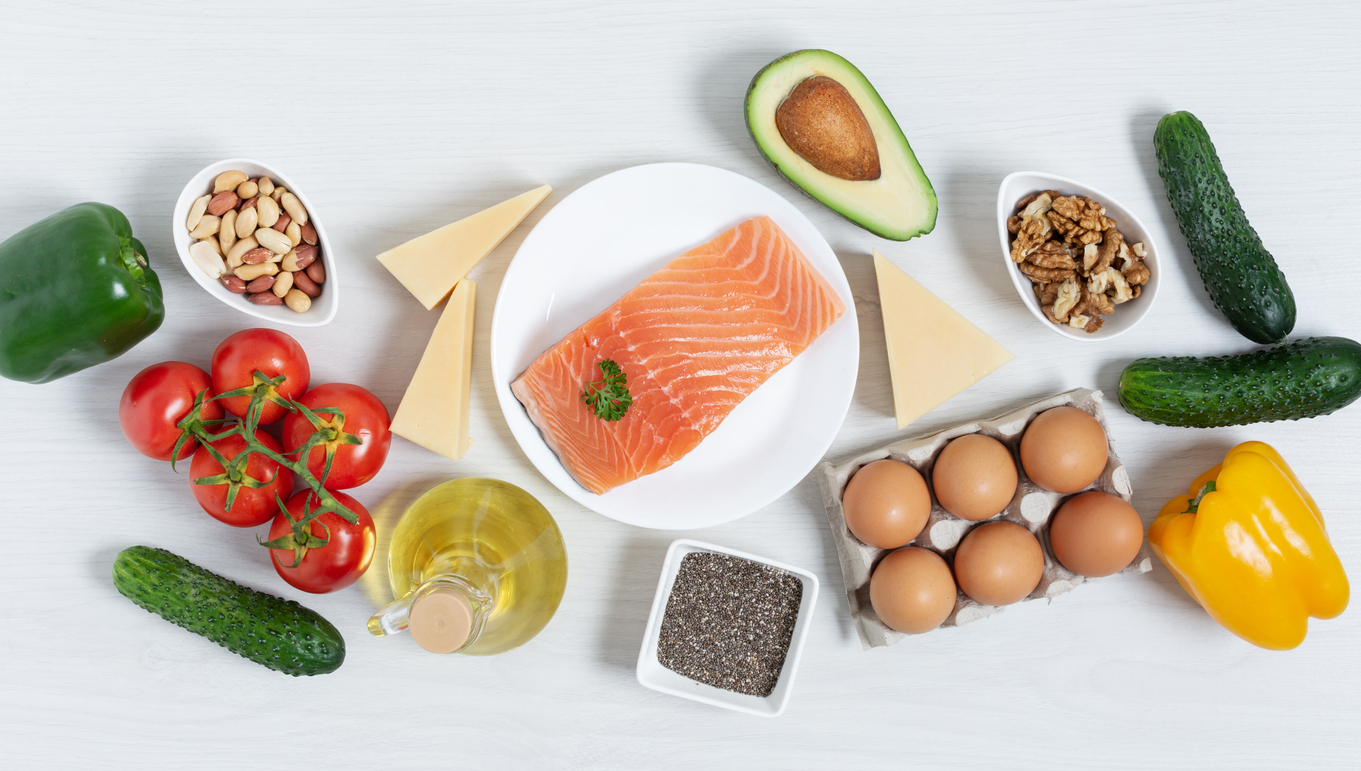Wellness
Nutrition
Proper nutrition is essential for overall health and well-being. Maintaining a healthy weight prevents added pressure and stress on the joints and spine. A balanced diet also reduces the risk of certain medical conditions, such as type 2 diabetes and cancer.
Chronic pain is often caused by inflammation throughout the body. There are exceptions, of course, but in most cases, chronic pain involves some level of systemic inflammation. Proper nutrition can reduce chronic pain as it directly impacts the level of inflammation in the body.
Studies show that following an anti-Inflammatory diet may help manage pain, improve mood, and benefit overall health.
124 people found this helpful
Print
Share
Save
Research shows that a healthy diet is an important part of a pain management program. An anti-inflammatory diet is especially helpful.
A balanced anti-inflammatory diet includes a variety of vegetables, fruits, whole grains, lean meats, poultry, fish, beans, and low-fat dairy. Nutrient-rich foods are low in saturated fat, added sugars, and sodium, and they are rich in vitamins, minerals, and other nutrients. Smart beverage choices, such as drinking enough water and limiting alcohol, are also important for optimal health.
Did you find this helpful?
You may also like



















